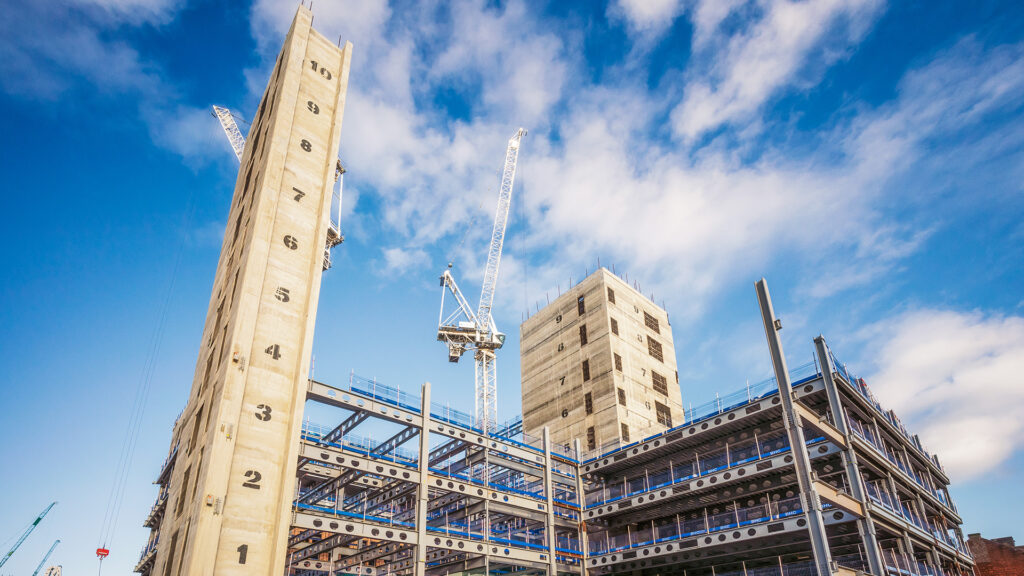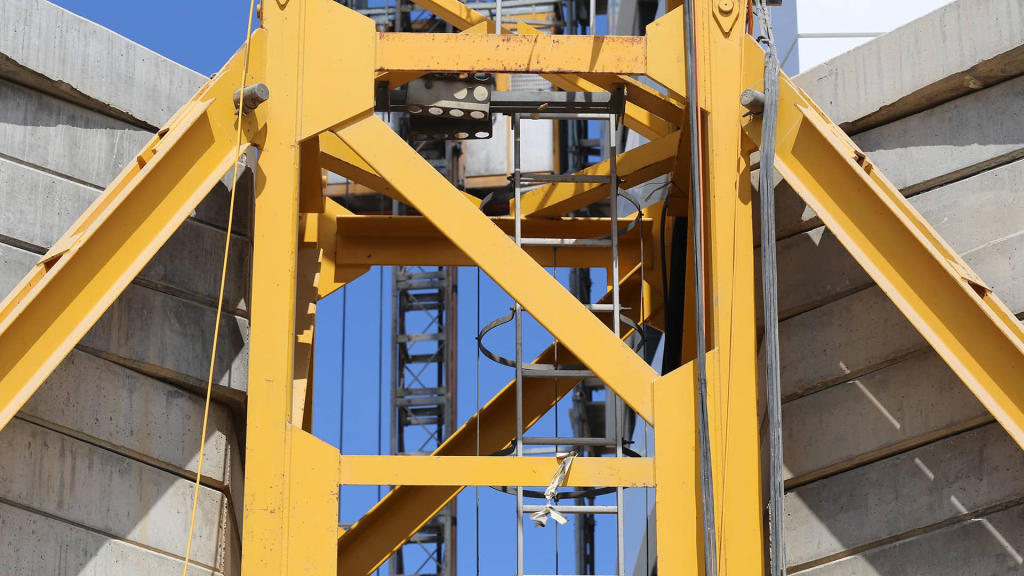
The Channel Tunnel: have we learnt our lessons? July 2014
This article first appeared on 4 June 2014 in Construction News and is reproduced with permission. www.cnplus.co.uk
The Channel Tunnel opened 20 years ago having endured lengthy delays and massive cost overruns. So what can today’s major schemes learn from the mistakes made two decades ago?
The Channel Tunnel was officially opened in May 1994 – a year late and having doubled in cost. What do its failures tell us about the current crop of projects in the pipeline?
Some of the problems experienced on the tunnel arose from the peculiarities of the corporate structure and are unlikely to be repeated again.
For example, the consortium involved a particularly complex joint venture involving numerous companies with conflicting interests, which then borrowed at high rates of interest once the budget had been exceeded.
Channel Tunnel failures
Some of the factors that raised costs on the tunnel are relevant to any major project, but the substantial changes and why they were required are particularly pertinent.
As is the case on so many public projects, the procurement stage was rushed. Invitations to tender were issued in April 1985 and interested parties only had seven months to prepare their proposals before the October deadline in the same year.
“The Channel Tunnel is an object lesson in how not to procure major public works, although it is the political influence that was most destructive”
The government had allowed itself three months to consider the submissions before announcing the winning bid in January 1986. This was an absurdly short timetable for such a massive project.
Inevitably, important design aspects were wholly inadequate. For example, the designers failed to foresee high-speed trains would generate significant heat in the tunnel from air friction. Retrospectively, a chilled water air conditioning system was added to the design at enormous cost.
Politicians should learn
Politicians, acutely sensitive to public opinion, want to appear decisive and proactive. Getting on with the project plays well to the gallery. Surely, the earlier it starts, the earlier it will finish – it will then cost less and the economic benefits of the project will be realised sooner?
To those in the industry, such sentiments seem desperately naive. The project is liable to change at a later stage if the design hasn’t been adequately audited – leading to delays and a much higher final out-turn cost.
The necessity to implement significant design changes on the Channel Tunnel was compounded by the consortium’s decision to prioritise the achievement of its completion date.
Construction of the tunnel itself was pretty much on time; the one-year overrun was because of delivery delays to the rolling stock.
Given the enormous design changes, this was a remarkable achievement – but only possible because construction and design were undertaken in parallel.
This was effective in terms of avoiding delay, but a disaster in terms of escalating overall costs because of the abortive work involved.
For more information, please contact Michael Sergeant, Partner, on +44 (0)20 7264 8034 or michael.sergeant@hfw.com, or your usual contact at HFW.
Download a PDF version of ‘The Channel Tunnel: have we learnt our lessons? July 2014’











